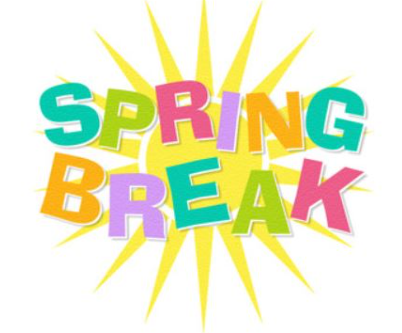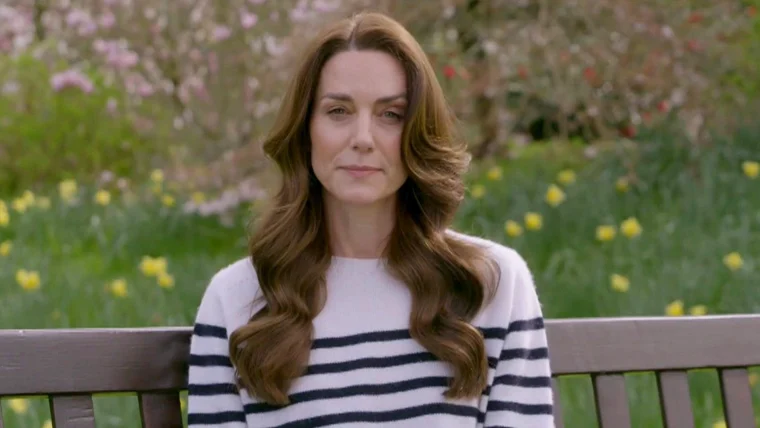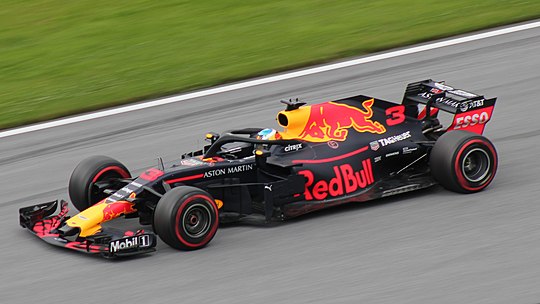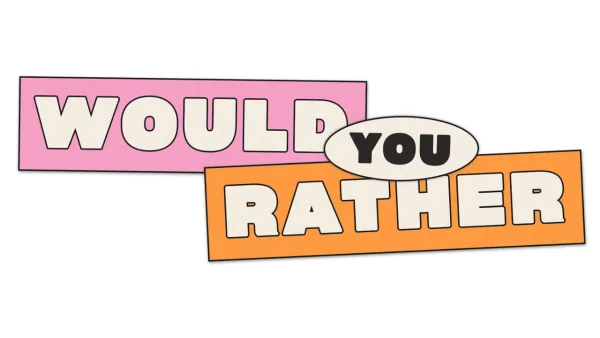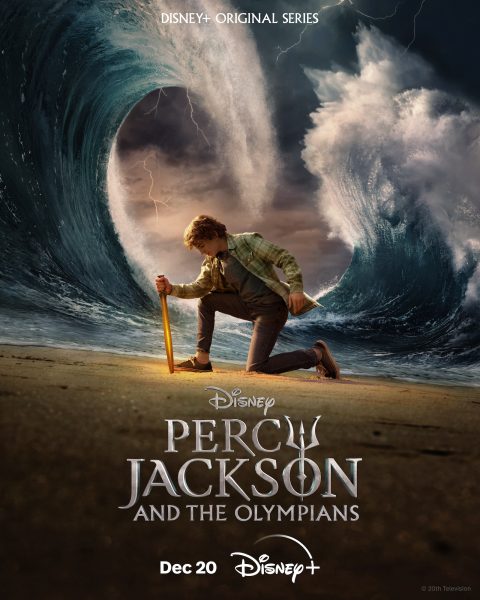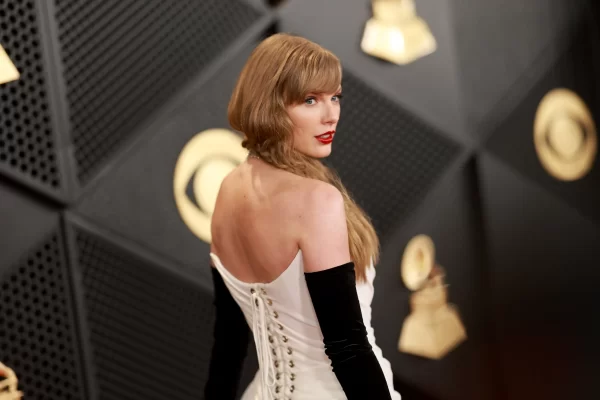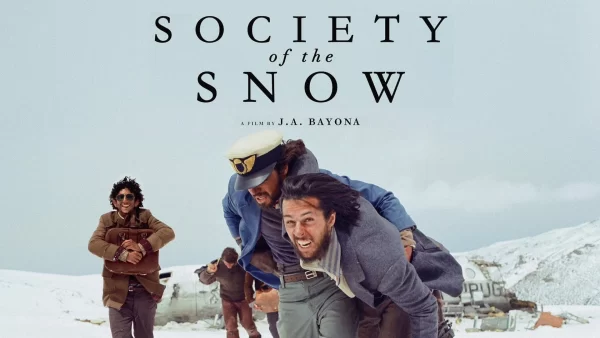Nostalgia on Video Games
November 16, 2018
As a little kid, I remember video games being something I adapted to without hesitation when my parents got me this contraption called “Game Boy Advance.” This was a conundrum to me because of its perplexing exterior; to my underdeveloped childhood mind, its preface, button layout, and small resolution of the screen were complicated. Nevertheless, I still figured it out and played for hours. This compact system’s physical attributes left many individuals astounded with how exactly this portable device, in particular, was suitable for that era.
That got me thinking: how exactly did my childhood hold up with all these memories that are compelled by the dexterity that is nostalgia within video games, and why does it not only matter to me, but to others alike? Is nostalgia the only thing that can define the merit of older video games?
The year 2009 was a golden year for me. It was a time where I consistently enraptured myself with my Nintendo DS or Nintendo Wii, but mostly the DS. The significance of this product is not exactly the sophistication it applies to the consumer, but the fond memories that you are able to compose while playing on it. My friends and I always used to hang out regularly on Saturdays to play either Mario or Pokémon, two great games that made our friendship bond even more salient with the unique memories we were able to make.
Even today, companies like Nintendo, Sony, Sega, or even Atari take significant consideration to present nostalgic fans as a marketing practice for their consumers that thoroughly enjoy their products. They also use their older fans to establish the authenticity that was once there to attract today’s youth.
The implications are interesting to consider for the specific and relatively under-researched case of video games. If nostalgia is tied so closely to social connections and a sense of community, games have the potential to evoke more emotions than any other medium because they are so inherently social and are becoming more so every year.



